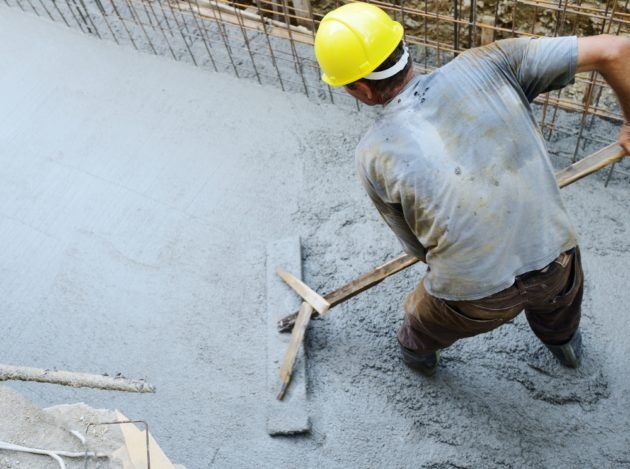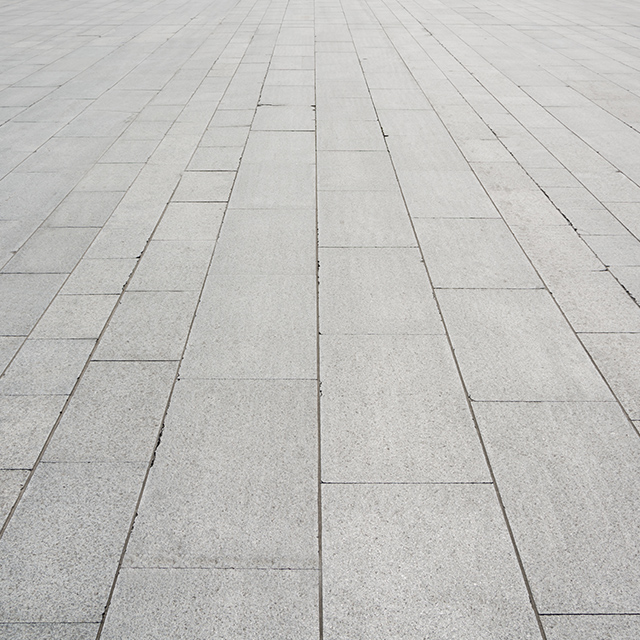Unveiling the Eco-Friendly Advantages of Utilizing Recycled Concrete in Lasting Building And Construction Practices
In the realm of sustainable construction practices, the usage of recycled concrete stands as a critical yet commonly underestimated resource. Beyond its standard applications, recycled concrete deals a myriad of green benefits that expand much beyond the confines of standard building and construction products. From decreasing ecological influence to boosting cost-efficiency, the implications of incorporating recycled concrete in sustainable building practices are substantial. This versatile material not just addresses pushing environmental concerns yet likewise provides a practical option to the difficulties faced by the construction industry at huge.
Environmental Benefits
By incorporating recycled concrete right into building techniques, there is a considerable reduction in the requirement for new raw products, leading to conservation of all-natural resources. Furthermore, the use of recycled concrete lessens the amount of waste being sent out to landfills, thus minimizing environmental contamination and easing the stress on land fill capabilities (Concrete).

In addition, the manufacturing of standard concrete is a considerable source of carbon emissions due to the energy-intensive procedure of concrete manufacturing. In contrast, recycled concrete has a lower carbon impact as it lowers the need for brand-new concrete production. This decrease in carbon exhausts adds to mitigating environment adjustment and sustains sustainable building methods. On the whole, the ecological advantages of utilizing recycled concrete are considerable and play a crucial role in promoting environment-friendly building and construction approaches.
Cost-Efficiency
When assessing the application of recycled concrete in building and construction projects,Accomplishing cost-efficiency is an extremely important consideration. Among the key advantages of making use of recycled concrete is its cost-effectiveness contrasted to conventional concrete. The manufacturing of recycled concrete involves less power and resources as it makes use of existing materials, reducing the total job costs substantially. Furthermore, the schedule of recycled concrete locally can additionally lower transportation expenditures, making it a more cost-effective selection for building projects.
Moreover, making use of recycled concrete can cause savings in garbage dump costs by drawing away concrete waste from disposal websites. This not only minimizes the environmental influence however additionally eliminates the prices connected with waste elimination. The longevity and performance of recycled concrete are similar to standard concrete, guaranteeing that price savings do not endanger the high quality of the construction.
Longevity and Toughness
Recycled concrete deals similar, if not superior, sturdiness and strength buildings to conventional concrete - Concrete. Through advancements in handling strategies and top quality control, recycled concrete can satisfy or exceed the performance criteria of conventional concrete.

Waste Decrease
When it comes to using recycled concrete, waste reduction is here are the findings a key benefit that contributes dramatically to environmental preservation. By incorporating recycled concrete right into building and construction use this link projects, this waste is repurposed and drawn away from land fills, reducing the total environmental influence of building and construction tasks.
Additionally, the use of recycled concrete can lead to cost savings for building and construction tasks, as it is often more budget-friendly than sourcing and moving brand-new products - Concrete. In conclusion, waste decrease via the use of recycled concrete is an important component of lasting construction methods that profits both the atmosphere and the building and construction market as a whole.
Power Conservation
Energy preservation is an important aspect of lasting building and construction methods, intending to reduce the total energy consumption connected with structure operations and materials production. When it comes to using recycled concrete in building and construction, considerable power cost savings are attained contrasted to typical concrete production. The procedure of producing recycled concrete involves reusing and crushing existing concrete materials, which consumes much less energy than mining, processing, and transporting resources for brand-new concrete manufacturing. In addition, the usage of recycled concrete can aid lower the need for virgin accumulation, more reducing the energy-intensive removal and handling of all-natural resources.
Final Thought
Finally, the application of recycled concrete in sustainable construction methods supplies numerous environmental benefits, cost-efficiency, toughness, toughness, waste decrease, and power conservation. By read this article integrating recycled concrete into building projects, we can add to a more sustainable and ecologically friendly future. It is necessary for the construction market to focus on the usage of recycled materials to aid reduce the ecological impact of building activities.
One of the vital advantages of utilizing recycled concrete is its cost-effectiveness contrasted to standard concrete.Furthermore, the use of recycled concrete can lead to savings in land fill expenses by diverting concrete waste from disposal websites. The durability and efficiency of recycled concrete are similar to conventional concrete, making sure that cost savings do not compromise the high quality of the construction.

Comments on “Experienced Concrete Contractors: Relied On for Top Quality and Performance”